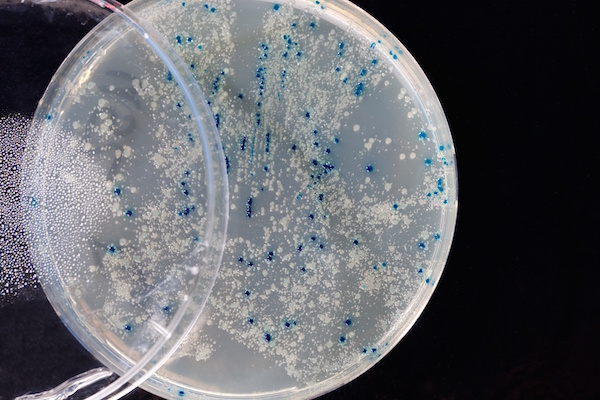MONDAY, Dec. 19, 2016 (HealthDay News) — The anti-cancer drug Rubraca (rucaparib) has been granted accelerated approval by the U.S. Food and Drug Administration to treat advanced ovarian cancer.
The approval is limited to cases where the cancer is caused by specific gene mutations known as “deleterious BRCA.”
BRCA genes normally repair damaged DNA and are designed to prevent tumor growth, the agency said Monday in a news release. But mutations in these genes could lead to cancer.
Rubraca is designed to inhibit a certain enzyme that’s produced by a damaged BRCA gene.
More than 22,000 women are projected to be diagnosed with ovarian cancer this year, and more than 14,000 are projected to die from the disease, according to U.S. National Cancer Institute estimates cited by the FDA.
The FDA simultaneously approved the FoundationFocus CDxBRCA diagnostic screen. This screen detects the presence of deleterious BRCA mutations in the tumors of women with ovarian cancer, the FDA said.
Rubraca was evaluated in clinical studies involving 106 women with BRCA -mutated advanced ovarian cancer. Fifty-four percent of participants given Rubraca had a complete or partial shrinkage of tumors, lasting an average of 9.2 months, the agency said.
The most common side effects of the drug included nausea, fatigue, vomiting, anemia, abdominal pain, unusual taste sensation and loss of appetite. The drug was also associated with bone marrow problems, acute myeloid leukemia and harm to a developing fetus, the FDA warned.
Rubraca is marketed by Boulder, Colo.-based Clovis Oncology.
More information
Learn more about ovarian cancer from the American Cancer Society.
Copyright © 2026 HealthDay. All rights reserved.

